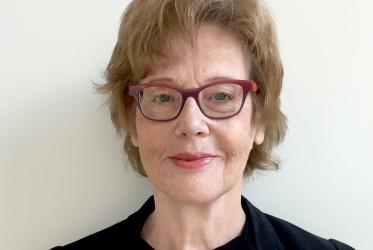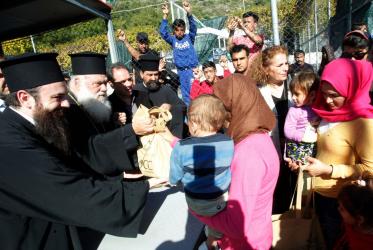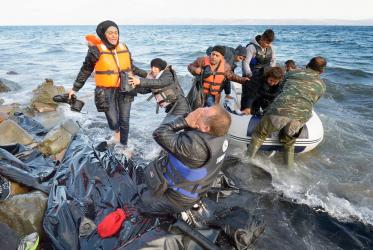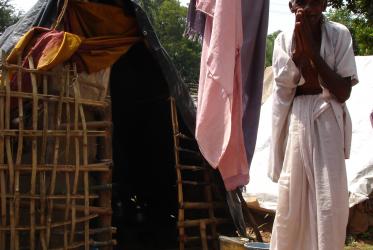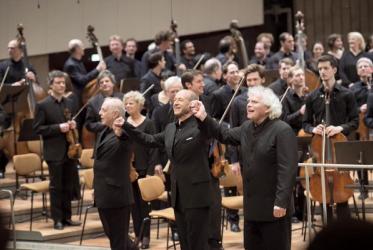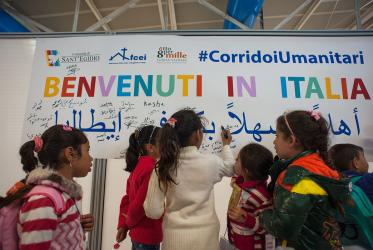Displaying 1 - 20 of 38
WCC Executive Committee envisions future for one ecumenical movement
08 November 2018
#WCC70: Remembering Orissa
11 January 2018
Conference explores Christian approach to borders
05 October 2017
In Syria and Iraq, minorities must come out of the darkness
28 November 2016
Refugees in Berlin get dose of culture
10 March 2016
Syrian families arrive in Italy
09 March 2016
New German alliance appeals for human dignity
24 February 2016
